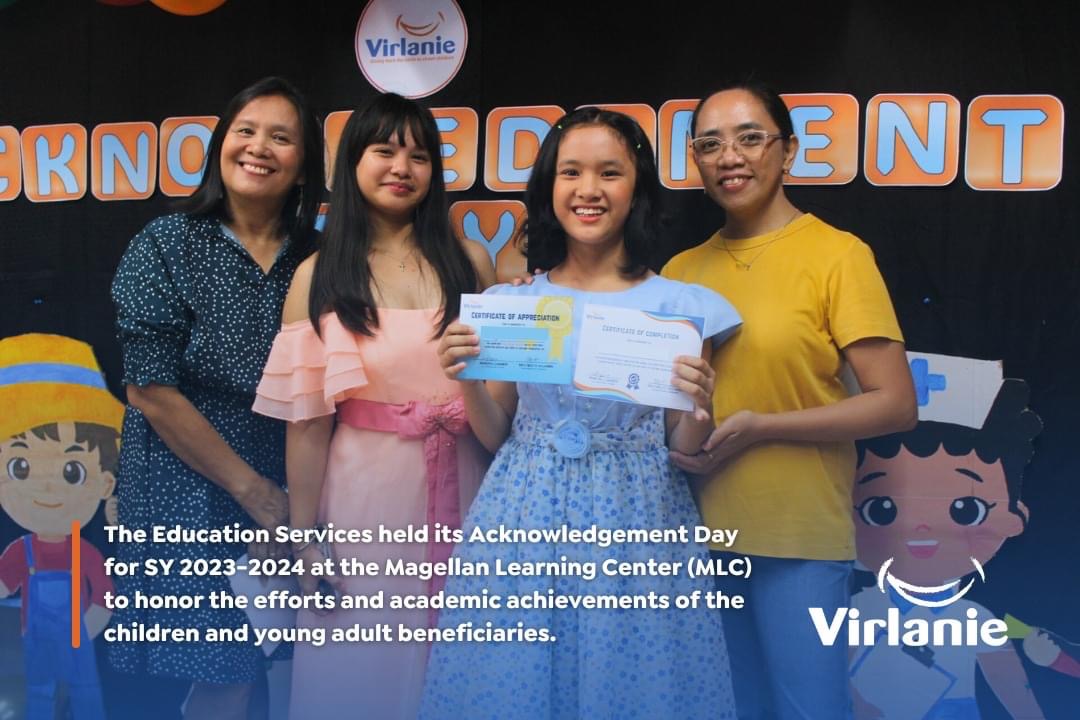
Last October 29, 2019, 57 individuals coming from 10 organizations attended Get Lit II, Engaging NGOs in Social Entrepreneurship (SE). The event was held at Commune Café, Poblacion, Makati. The objectives of the event were (1) to capacitate youth-focused NGOs on how to implement social entrepreneurship practices in their organization and (2) to build a network of NGOs with social enterprises.
Led by Virlanie’s Social Entrepreneurship team, Get Lit is a series of events aiming at promoting Social Entrepreneurship. It is funded by Keep Your Eyes Open Project (KYEO), a European Union Project that aims at sharing good practices and promoting Social Entrepreneurship worldwide. As introduced by Antonette Flores, Virlanie SE Manager, Get “LIT” stands for “Learning together, Innovating Solution, Transform Communities”. The First Get Lit the event was held last June 22, 2019 which aimed at promoting Social Entrepreneurship among youth in the Philippines. 4 months later, Get Lit II was about promoting Social Entrepreneurship for NGOs in the Philippines.
Social Entrepreneurship for Philippine NGOs: an opportunity and a need
Flores hosted the event and it started with introductory remarks from Thomas Mouliac, Virlanie Executive Director. Flores and Mouliac highlighted that in the Philippine NGO context, building a social enterprise within youth-centered NGO is both an opportunity and a need. It is an opportunity because it can develop vocational trainings and job opportunities for the youth, it is a need because it is currently getting harder to get funds for child-caring NGOs in the Philippines (foreign funding going to other countries than the Philippines, trend in Grants giving focused currently on climate change and gender equality rather than on child protection).
Lea Klein, Makesense Philippine Director, was the first guest speaker of Get Lit II, she gave keynotes on social entrepreneurship’s importance to the Philippines and to NGOs.
Makesense is a non-profit organization supporting social innovations to reach their impact-potential. Likhaya by Virlanie, Virlanie SE retail brand, benefited from their services for 6 months.
“With the insufficient action of public and economic authorities to face growth inequalities and fast speed up of climate change in the Philippines, social innovation is needed,” Lea Klein said.
She introduced what social innovation is (Stanford University Definition): “A social innovation is the process of developing and deploying effective solutions to challenging, and often systemic, social and environmental issues in support of social progress. A social innovation is not the prerogative or privilege of any organizational form or legal structure. Solutions often require the active collaboration of constituents across government, business, and the nonprofit world.”
She also detailed the different models that can lead social innovation: from social business to government initiative, for profit initiative, non-stock and non-profit organization and social start-ups. There is a huge diversity of actors and entities that can act together for social innovation.
She stated, “The Philippines is the country with the highest number of NGOs in Asia but most of the organizations stay small, struggle with fund and have poor resources.”
Ideation, Prototyping and Testing Workshops
After an audience overview on the possibilities that social enterprises can offer to their NGO, it was time to dive into the process of how to build an actual enterprise within their NGO. For this, an Ideation, Prototyping and Testing Workshops were hosted by invited experts to guide the participants in drafting their ideas and plans by groups.
Leah Rasay, Husay Company CEO, led the Ideation Workshop for Get LIT II attendees.
She invited the participants to follow a clear step-by-step process in finding social entrepreneurship opportunities for their NGOs. The three steps are the following: Introspection, Empathy, and Brainstorming.
Erwin Lizarondo, Social Innovation and Entrepreneurship Consultant, led the second workshop of the day, dealing with prototyping and testing.
To know more about these workshops, click the button below.
Benefits and Challenges of running a Social Enterprise in an NGO: Bahay Tuluyan’s case
Catherine Scerri, Deputy Director of Bahay Tuluyan was the last speaker of the event. Bahay Tuluyan is ananother child-caring NGO in Metro-Manila which has been a pioneer (in 2011) to develop social enterprise programs in the Philippine NGO. Her presentation focused on the benefits and challenges of running a social enterprise within an NGO, based on Bahay Tuluyan’s experience.